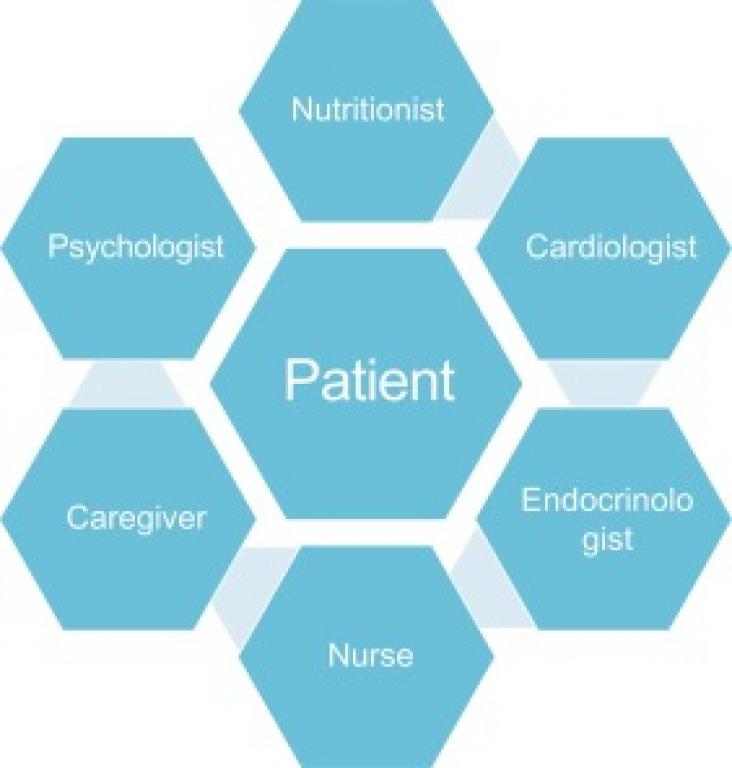An Ultra-High Performance Liquid Chromatography combined with Time-of-Flight Mass Spectrometry (UHPLC–ToF-MS) method has been developed for determination of nine mycotoxins, namely aflatoxins (AFB1, A
Study objective: We examine racial and ethnic differences in opioid prescribing and dosing for long bone fractures at emergency department (ED) discharge.

Discusses the universe of chronic disease and telehealth, from the patients’ perspective. The goal of SDG target 3.4.1 is to reduce the mortality rate attributed to cardiovascular disease, cancer, diabetes or chronic respiratory disease.
Background: Future Expectation is important for motivation and wellbeing, however drastic life events such as in refugee situations may result in low expectations.
Elsevier,
Neuroprotection in Autism, Schizophrenia and Alzheimer's disease, Volume , 16 October 2019
This book chapter advances SDGs 3 and 17 by reviewing a new promising neuroprotective approach to treating AZ, Tau-based therapies including tau-kinase inhibitors to acetylation inhibitors, microtubule stabilizers, aggregation inhibitors, monoclonal anti-tau antibodies or active tau vaccines. Special emphasis has been placed on the most promising therapeutic agents that have reached clinical trials.
This study empirically examines the effects of school toilet provision on the primary-school attendance rate in Kenya.

Chagas disease, Human African Trypanosomiasis, and schistosomiasis are neglected parasitic diseases for which new treatments are urgently needed.
To answer important questions in the fields of monitoring with densitometry, dual-energy X-ray absorptiometry machine cross-calibration, monitoring, spinal cord injury, periprosthetic and orthopedic b
Background: Globally, about 30% of women have experienced physical or sexual violence, or both, from an intimate partner during their lifetime.
